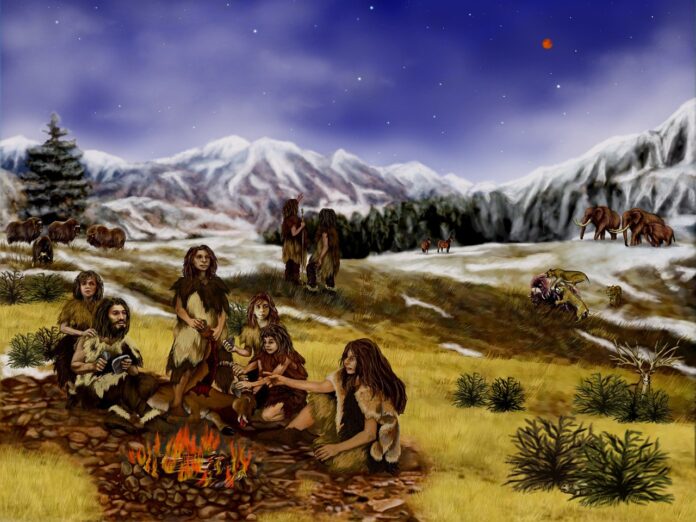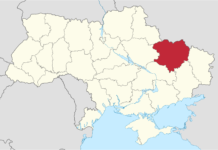Svante Paabo is the winner of the Nobel Prize in Medicine or Physiology for his work on sequencing the genome for Neanderthals. Neanderthals were a separate human species that populated Europe for hundreds of thousands of years before they became extinct 40,000 years ago.
The Nobel Prize committee says that Paabo achieved the challenging task of cracking the genetic code of Neanderthals, one of the extinct relatives of humans. The Swedish geneticist also discovered the Denisovans, a previously unknown relative of humans.
Paabo’s work helped explore the human evolutionary history and how people spread around the earth. His work also gets to some essential questions about where humans originated and what allowed Homo sapiens to thrive while their relatives went extinct.
He received information about winning the Nobel Prize when he was planning to pick up his daughter from a sleepover. He informed the BBC that the news surprised and overwhelmed him.
In the 1990s, research concerning working on the human genetic code was going on quickly. Yet, it was necessary to obtain fresh samples of pristine DNA to complete the study. Professor Paabo was interested in human ancestors’ degraded, contaminated, and genetic material. Many considered this an impossible challenge. However, for the first time, Paabo could sequence DNA from a piece of bone that had existed for 40,000 years.
According to the results, Neanderthals mainly lived in Western Asia and Europe and were distinct from chimpanzees and modern-day humans. He focused on hominins, a group of modern humans, which includes Homo sapiens and the extinct relatives of humans.
Paabo’s work revealed the genetic differences distinguishing living humans from their extinct relatives. It offers the basis for exploring what makes humans unique. When researchers made additional comparisons between the Neanderthal DNA and that of humans from around the world, they discovered that their DNA was closer to that of humans originating in Asia or Europe.
Therefore, this indicates that Homo sapiens reproduced with the Neanderthals after they migrated out of Africa around 70,000 years ago. The legacy of this remains evident today. Between 1 to 4 percent of modern human DNA originates from our Neanderthal relatives, which affects the body’s ability to respond to infections.










